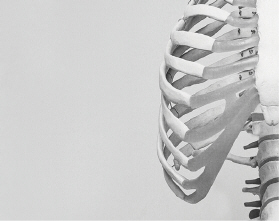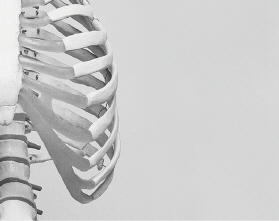On The Body And Its Meaning -- By: Colin J. Smothers
Journal: Eikon
Volume: EIKON 03:1 (Spring 2021)
Article: On The Body And Its Meaning
Author: Colin J. Smothers
Eikon 3.1 (Spring 2021) p. 98
On The Body And Its Meaning
Colin J. Smothers serves as the Executive Director of the Council on Biblical Manhood and Womanhood and Pastor of First Baptist Church of Maize, Kansas.


Charles Taylor argues that modernity has stripped the created world of its meaning: “The cosmos is no longer seen as an embodiment of meaningful order which can define the good for us.”1 Historian Jacques Barzun lays part of the blame at the feet of the father of modern naturalism: “The denial of purpose is Darwin’s distinctive contention.”2 If there is no creator, as Darwin implied, then there can be no purpose to creation. But Christians understand that denying the Creator and thus the Creator’s purposes is as old as sin; that is to say, such denial is almost as old as the world itself, which is why we must go back to the beginning to gain perspective on meaning and purpose of creation, especially the human body.
The human body looms large in Christian thought and life, standing at the beginning, the middle, and the end of a properly Christian accounting of history and theology. In the beginning, God formed a human body out of the dust of the ground and then animated it with his own breath, after which he built another body out of the side of the first as a natural complement. At the center of Christian history and theology, the Son of God took on flesh by assuming a human body in the form of a tiny babe, inside the body of another; he was born into the world and then grew to full maturity as a man to walk the earth and be crucified bodily on a tree, buried bodily in a tomb, and raised again from the dead bodily on the third day. Christians await the bodily resurrection of all humanity at the end of all things, when the redeemed are re-embodied for immortality and the unredeemed for eternal death.
Because of the prominence of the human body, we would do well to pay attention to its meaning and purpose in a day when such considerations are often not only trivialized, but increasingly subjectivized
Eikon 3.1 (Spring 2021) p. 99
and, worse still, categorized out of contemplation altogether by agnostic scoffers. Scripture helps us avoid the twin errors of the world’s approach: neither despising the body through a kind of gnostic, untethered spiritual asceticism, nor worshipping the body through hedonistic or naturalistic materialism.
In this essay, I want to reflect on the meaning of the human body in conversation with the inspired narrative of it...
Click here to subscribe
